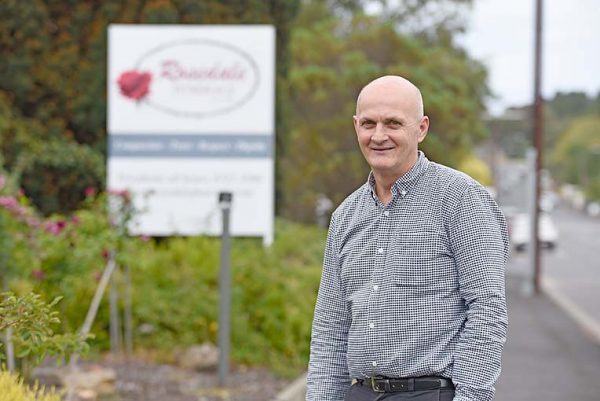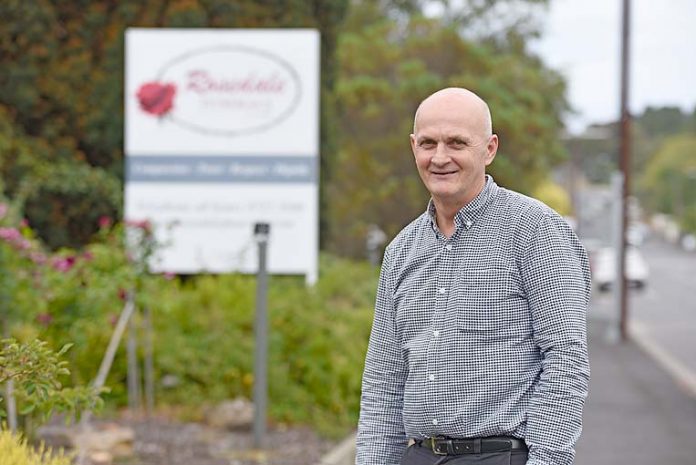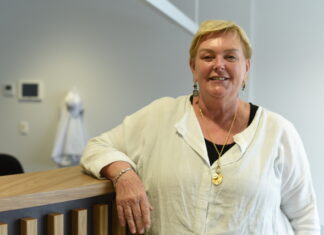
A NATIONAL funeral industry leader says the restrictions placed on services in response to the coronavirus health emergency is “tragic” and heartbreaking for grieving families.
National Funeral Directors Association of Australia vice president Greg Nethercott said the regional community was facing a “great challenge and change”.
His comments come as unprecedented restrictions come into force at funerals across Australia in a move to prevent the spread of COVID-19.
Funeral services are now restricted to just 10 people under Federal Government rules.
But in a new development, state authorities can give exemptions for more than 10 people.
“There is a lot of uncertainty and fear in our community,” said Mr Nethercott, who operates Rosedale Funerals.
“Despite some of the unknowns we can face this, like we have collectively faced other tragic situations and get through this, by looking out for each other.
“We can be kind, we can be compassionate, we can be considerate and we can support each other collectively at this time by being Australian.
“The loss of a loved and dear relative or friend is undoubtedly one of the most difficult burdens we may have to bear in life and is all the more tragic, as we now have to deal with the impact of limitations due to social distancing impact on a funeral service.”
Attendance at any funeral – indoors or outdoors – are limited to 10 persons including funeral director staff and any venue staff, so family or friends could be restricted to between six and eight people.
“Each venue manager will have to determine how they implement that requirement depending on the size of floor space available where the funeral occurs,” Mr Nethercott said.
One person per four square metres is the guide with distancing also need to be observed.
“Obviously close intimacy and support traditionally occurs at funerals,” Mr Nethercott said.
“As it is understood these family members are currently co-habiting and have probably arrived at the funeral in the same vehicle, I think the Prime Ministers’ commonsense approach to handling the implementation of these new rules is going to be worth considering.”
Mr Nethercott said arrangements for a funeral could need to be handled differently.
“Collection of relevant information for certificates and forms can largely occur by phone and digital technology.”
He said Rosedale Funerals was operating and in some circumstances, attendance to the funeral home may be required but with reduced interaction time and observance of social distancing and hygiene.
“Staff will wear face masks as required,” Mr Nethercott explained.
“Viewings if required would also be limited to 10 persons and also need to comply with the social distance requirements. In the case of a COVID-19 death no touching of the deceased would be recommended.”
Regarding sign in registers or memorial books, people attending a funeral would not be encouraged and given the small number attending would most likely not occur.
“Obviously refreshments after the service would no longer be able to be arranged and families again would have to use their own judgement in how they handle this aspect which normally provides receiving condolences and sharing stories together,” Mr Nethercott said.
“Memorial cards will continue to be prepared if required and through our association with Hansen Print who are operating would offer a way to allow those who could not attend the service to circulate the memorial card as a keepsake or
memento.”
Photo story tributes are an often used part of celebrating a loved one and these can be prepared and copies made for those unable to attend.
Recording of the service and in some situations streaming may be an option but additional staff involved in this may reduce attendance numbers for family.
Families may want to make personal arrangement in regard to this.








